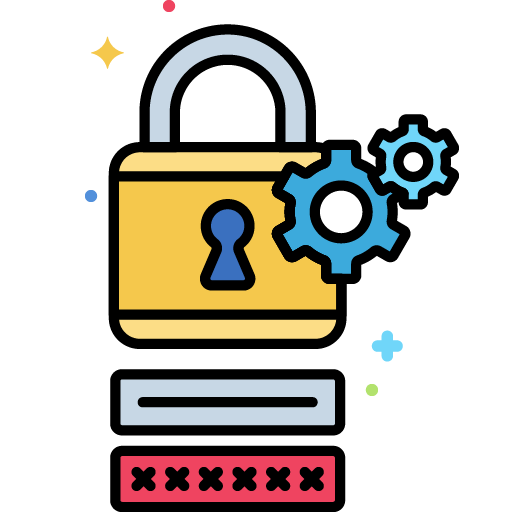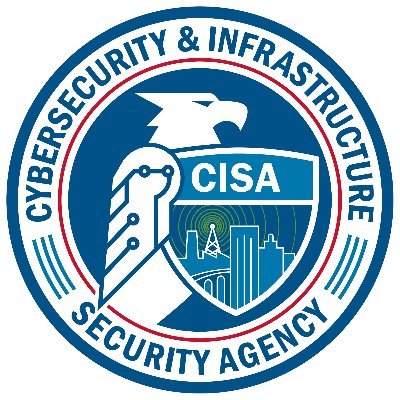
Multi-Factor Authentication is more than just a buzzword – it’s a game-changer for online security. By requiring users to provide two or more authentication factors, MFA adds an extra layer of protection against phishing attacks and cyber threats.
Risk Reduction
One of the most significant benefits of MFA is that it significantly reduces the risk of unauthorized access to sensitive data. According to a report by Verizon, in 2022, 55% of companies experienced a data breach, with many of these breaches resulting from phishing attacks (1). By using MFA, organizations can reduce this risk and protect their most valuable assets.
User Experience
MFA also provides an additional layer of security for users themselves. A study by the National Institute of Standards and Technology found that MFA can help prevent identity theft by up to 99% (2).
MFA Methods: YubiKeys and Keeper Passkeys
One popular method of MFA is the use of physical tokens or keys. The YubiKey, for example, is a widely-used device that provides an additional layer of security for online logins.
The YubiKey works by generating a unique, one-time code whenever it’s used to authenticate. This code can be entered manually or automatically through the use of a YubiKey-enabled app. Because the YubiKey is a physical token, users are much less likely to try guessing the code – and attackers are left with nothing but a blank slate. And because it can be used between devices, it isn’t limited to just a single smartphone app. This adds an additional layer of fault tolerance (if you lose your phone, you don’t have to regenerate all of your keys.)
Another popular MFA solution is Keeper Passkeys. Keeper offers a range of passkey-based authentication options, from simple QR codes to more advanced biometric scanners. By using a Keeper Passkey, users can easily authenticate to their devices or online services without having to remember yet another password.
Convenience vs Security
Some might argue that MFA is too inconvenient or burdensome, requiring users to provide multiple forms of authentication each time they log in. However, many organizations have implemented MFA in a way that minimizes disruption and makes it easy for users to manage their authentication factors.
In fact, a study by Okta found that 80% of employees prefer MFA because it gives them peace of mind knowing that their accounts are more secure (3).
Artificial Intelligence and MFA
Of course, no discussion of MFA would be complete without mentioning the role of artificial intelligence in enhancing security. Some companies are now using AI-powered tools to detect and prevent phishing attacks, making it even harder for attackers to get past MFA defenses.
Conclusion
Multi-Factor Authentication is a vital tool for protecting online security and preventing cyber threats. By considering diverse perspectives and looking at relevant statistics, we can see that MFA is an essential component of any effective security strategy.
References:
-
(1) Verizon Data Breach Investigations Report 2022: <https://www.verizon.com/breach-investigations-report>
-
(2) NIST Special Publication 800-63B: Digital Identity Guidance (2020): <https://nvlpubs.nist.gov/nistpubs/SpecialPublications/NIST.SP.800-63B.pdf>
-
(3) Okta 2020 State of the Union Report: <https://www.okta.com/resources/state-of-the-union-report-2020/>






